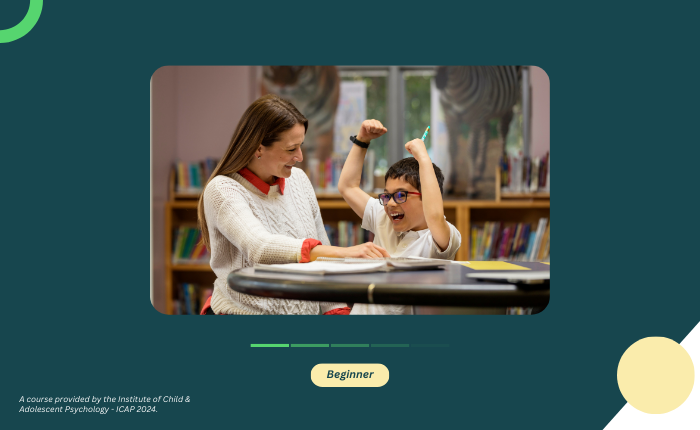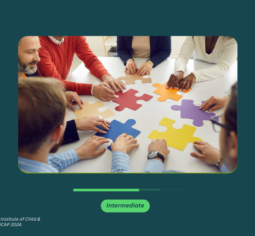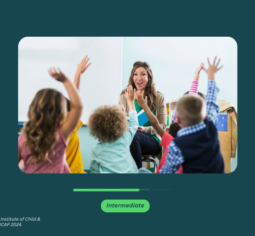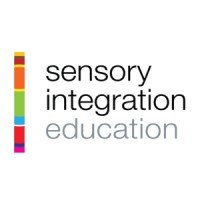Course Content
Introduction
-
Why do we give sessions?
-
Know Yourself as a Practitioner
-
Quiz 1
-
Social Emotional Learning
Typical Development
Common Special Educational Needs and Key Concepts
Supporting Children Using SEL Instructions
Bringing It All Together
About Course
This course provides aspiring tutors with the foundational knowledge and practical strategies needed to effectively support student learning.
Instructor
15 Courses
The Institute of Child & Adolescent Psychology (ICAP) is a pioneering institution that serves as both an online and offline marketplace connecting instructors and students in the field of child…
17 Courses
Hello, I'm Sara!I am a dedicated instructor with an academic background in psychology and inclusive education and a true passion for making a positive impact in the field of education.…


















